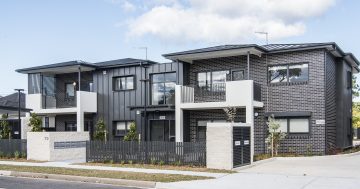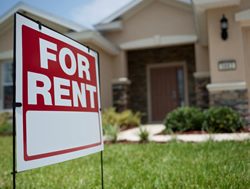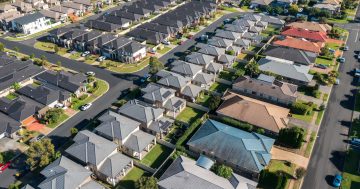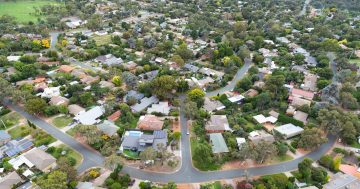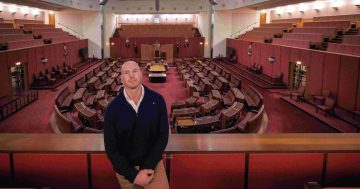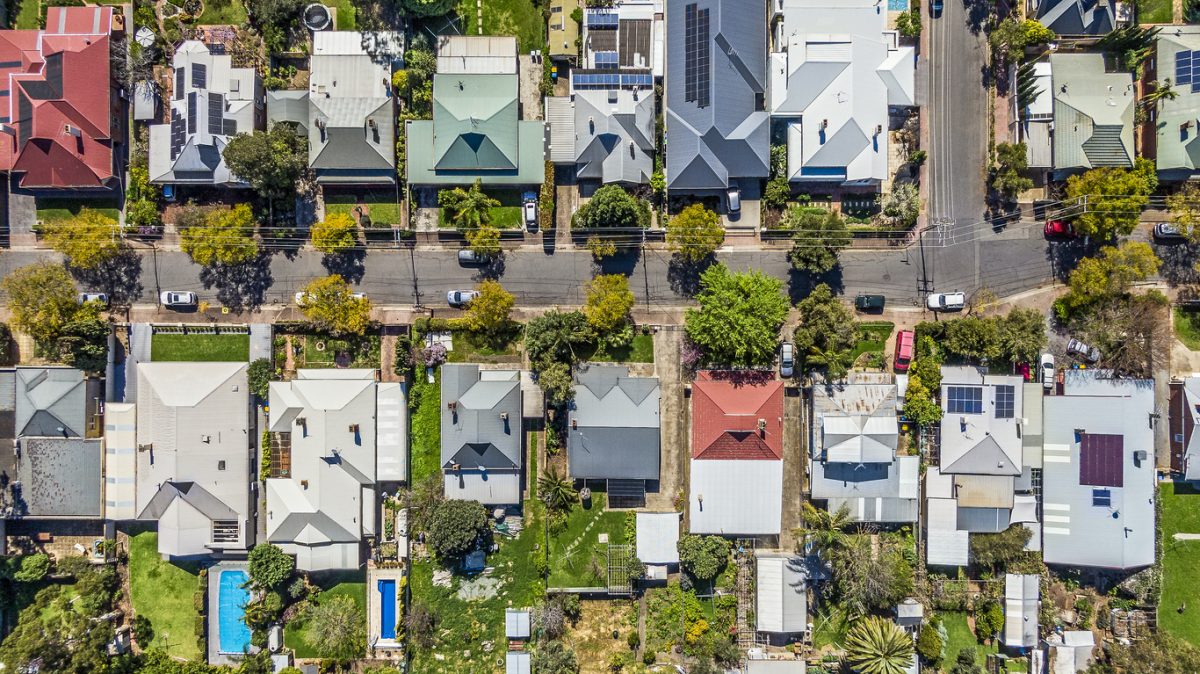
“These are the biggest reforms to South Australia’s residential tenancy laws in a generation,” said Consumer Affairs Minister Andrea Michaels. Photo: iStock/BeyondImages.
As part of the Malinauskas Government’s future housing plan, a slew of rental reforms have been introduced to tackle South Australia’s housing crisis.
Currently the state’s vacancy rate sits at a record low of less than one per cent, but with rising interest rates and high taxes there’s concern among landlords the new laws will only make things worse.
The new bill follows reforms made in April that have already saved tenants over $11.5 million. Among the reforms were a ban on rent bidding, raising the bond threshold, and providing greater access to the Private Rental Assistance Scheme that helps low income renters avoid upfront costs through bond guarantees and rent payments.
“This legislation will add extra protections, particularly for those who have pets, or who may find themselves being forced to end a tenancy, while at the same time safeguarding the rights of landlords,” said South Australian Premier Peter Malinauskas.
“We’re cutting taxes for first homeowners, releasing huge tracts of land for housing, making strategic purchases of brownfield sites to offer more affordable homes, turning around a generational decline in the number of public homes.”
For the first time, landlords will not be able to cancel a fixed term lease or end a periodic tenancy unless it’s for a prescribed reason; pets will be allowed on rental properties with reasonable conditions set by the landlord; and the notice period for ending a tenancy will be 60 days rather than 28.
Other notable changes include the protection of tenants’ information, minimum housing standards for rental properties, and additional support for victims of domestic violence.
“South Australian tenants are facing unprecedented levels of housing insecurity with many tenants fearing becoming homeless,” said Consumer Affairs Minister Andrea Michaels.
“The Malinauskas Government is seeking to provide tenants with additional security in their rental home while still protecting the rights of landlords.
“We have consulted extensively with tenants, landlords and stakeholder groups and we believe that these reforms strike the right balance.”
The Residential Tenancies Act (RTA) amendments have been brought in alongside a brand new tenant advocacy service, which was promised earlier this year in the government’s A Better Housing Future plan. Akin to other state services guiding policy development and advocacy, it will also provide tenants with support at tribunal hearings, advice to resolve tenancy issues, and assistance with completing tenancy forms or drafting related letters.
Co-Leader of SA Greens and member of the legislative council Robert Simms said they secured funding for the independent organisation advocating on behalf of renters as part of his party’s long term policy priorities for relieving stress on renters in the middle of this housing crisis.
Among other efforts in developing these reforms, the government consulted with the Real Estate Institute of South Australia (REISA) and released a discussion paper to the public between 15 November and 16 December last year. In response to the discussion paper’s report, the Landlords’ Association of South Australia raised concerns about what impact the laws will have alongside rising taxes and high interest rates.
“The landlords’ association strongly believes that landlords provide a community service and taking away key decision making abilities will only cause landlords to sell up, worsening the rental crisis. The results collated by the government do not adequately reflect the view of many South Australian landlords.”


